China's huge property market is in turmoil, as housing prices fall, developers collapse and people wonder if it is still a viable investment.
A residential area under construction in Zhengzhou city, Henan province, China. Photo: BLOOMBERG
The crisis is dragging down China’s growth and unnerving investors around the world . In response, Chinese President Xi Jinping is laying out a new strategy that will increase the state’s role in housing policy in a market dominated by the private sector. Policy advisers involved in recent government discussions say the strategy is based on two major programs.
One is for the government to buy troubled private real estate projects and convert them into rental or resale properties. The other calls for the government to build more social housing for low- and middle-income families.
The goal is to increase the proportion of state-built housing for rent or sale at low prices, under strict conditions, to at least 30% of China's housing supply, from the current 5%.
The costs of these plans will be huge, possibly as much as $280 billion a year over the next five years, for a total of about $1.4 trillion. They fit into President Xi Jinping’s broader efforts recently to expand state control over the economy and rein in the private sector, observers say.
The new strategy has gained more attention following a government directive called Document 14, issued last October. It calls for adding about 6 million affordable housing units in 35 cities with more than 3 million people over the next five years.
The document does not go into many details about how the plan will be implemented, but it does stress that the government will place restrictions on who can buy state-owned properties and prohibit them from being traded on the open market.
The People's Bank of China (PBOC) has set aside about $70 billion to be distributed to three major policy banks, the China Development Bank, the Export-Import Bank of China and the Agricultural Development Bank of China, to help implement the strategy.
The China Development Bank disclosed in December 2023 that it had provided a nearly $28.4 million credit line to the city of Fuzhou to build an affordable housing project. Once completed, expected in 2026, the project will have about 701 homes sold at discounted prices to low-income families.
The bank also extended a loan of more than $1.4 million to the Hunan government to develop social housing in an inner-city district.
In early January, the PBOC and the National Financial Supervisory Authority issued new guidelines pledging financial support for government-subsidized rental properties. The guidelines said state funding would help “revitalize existing housing supply.”
Economists stress that the current housing crisis is much more serious, leaving the Chinese government facing a huge challenge in its efforts to solve the problem of housing prices and oversupply.
Compiled by NGUYEN TAN
Source


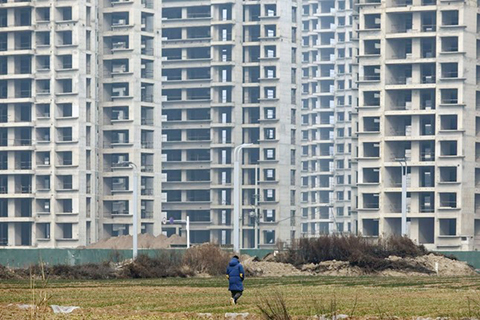




















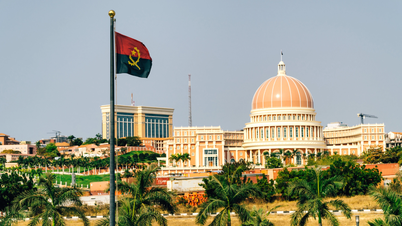




















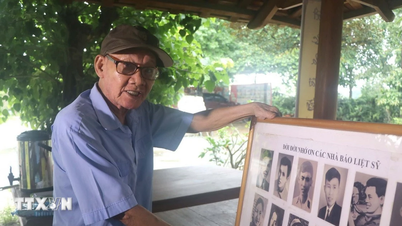










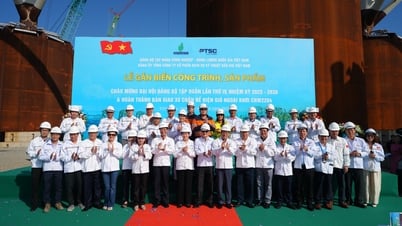

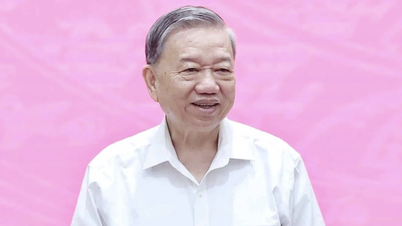


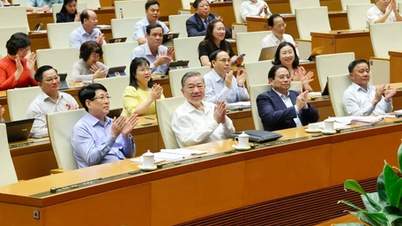





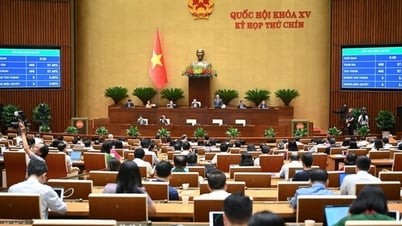





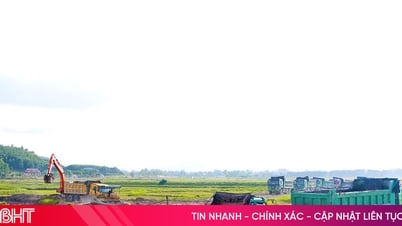





















Comment (0)